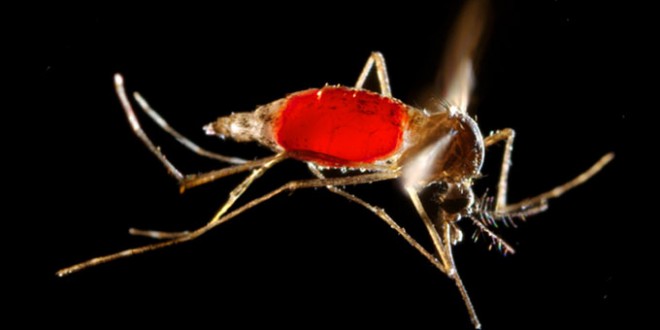State and federal health officials reported Thursday the first locally acquired cases of a mosquito-borne virus known as chikungunya that causes intense joint pain and high fever, and has been spreading throughout the Caribbean and Central and South America.
Florida officials reported two cases, one in Miami Dade County and the other in Palm Beach County. The Centers for Disease Control and Prevention has confirmed one of the cases, a man who had not recently traveled outside the United States. Preliminary testing for the second case also suggests infection with the virus, CDC officials said.
“The arrival of chikungunya virus, first in the tropical Americas and now in the United States, underscores the risks posed by this and other exotic pathogens,” said Roger Nasci, the head of CDC’s Arboviral Diseases Branch, on Thursday.
The virus, which is not well-known in the United States, has been detected over the past seven months in residents of several Caribbean islands and, more recently, there have been cases in several U.S. states and territories, but until Thursday all those cases involved people who had traveled abroad to one of the affected zones.
In Puerto Rico on Thursday authorities declared a chikungunya epidemic on the island, given the rapid spread of the virus which, so far, has been confirmed in 206 people, although health authorities suspect that more than double that number have been infected.
The virus, which produces symptoms similar to those of dengue and is transmitted by the Aedes aegypti mosquito, which also transmits the other disease and yellow fever, is common in Africa, Asia and some Pacific islands.
According to CDC figures, 243 cases have been registered in 31 U.S. states and territories among people who had traveled abroad so far this year, compared with an average of 28 cases per year registered since 2006.
There is no vaccine and no treatment for the chikungunya virus, the symptoms of which include fever, fatigue, headache and aching joints, nausea and skin rash, all of which generally appear between three and seven days after a victim is bitten by a carrier mosquito and can last for up to three months. Despite the discomfort, however, the disease is rarely fatal. EFE
Agencies/Canadajournal
 Canada Journal – News of the World Articles and videos to bring you the biggest Canadian news stories from across the country every day
Canada Journal – News of the World Articles and videos to bring you the biggest Canadian news stories from across the country every day



